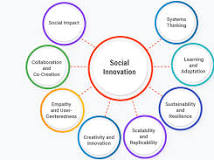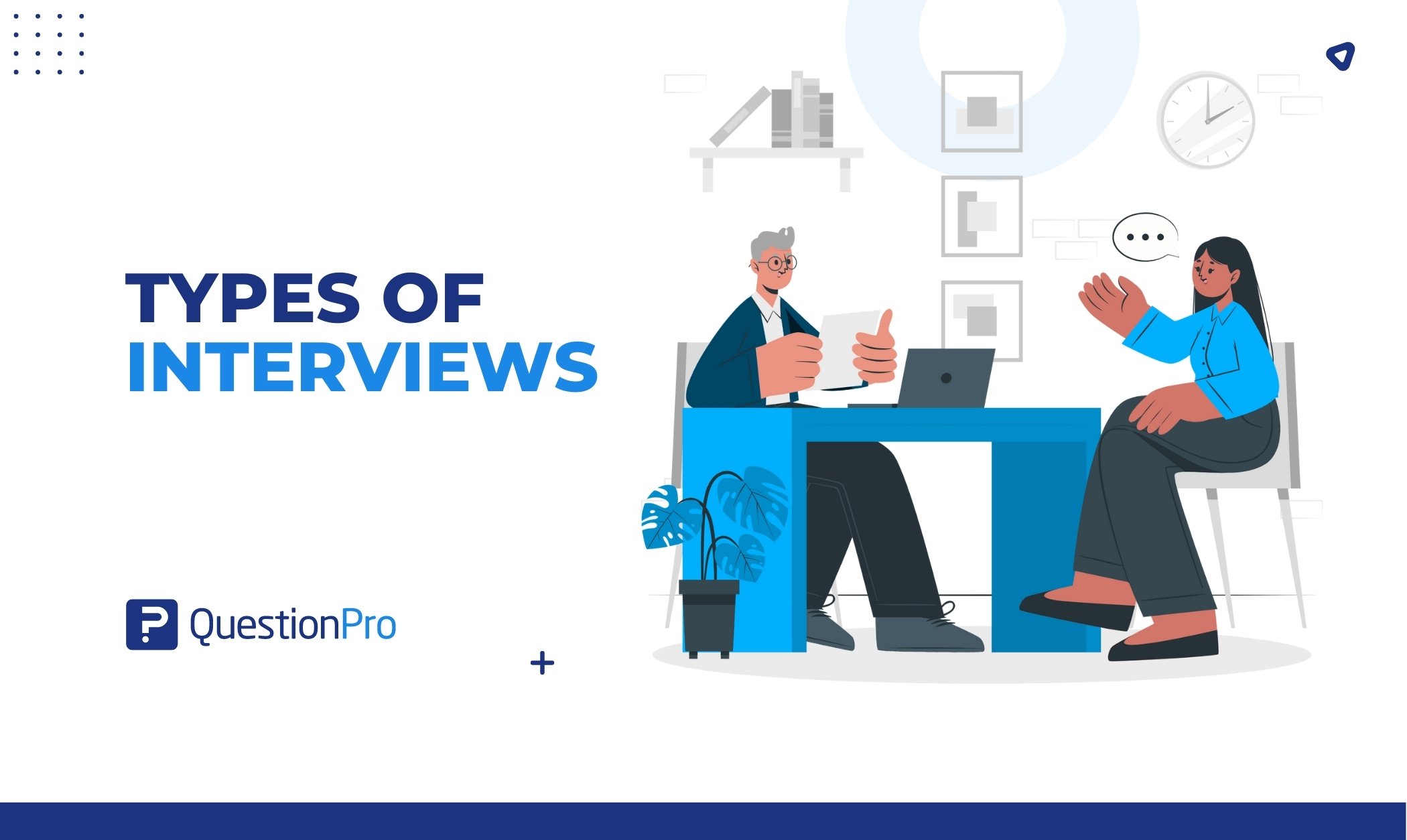Exploring Microsoft’s AI Innovations
Microsoft has long been at the forefront of technological innovation, and its advancements in artificial intelligence (AI) are no exception. With a focus on empowering individuals and organizations, Microsoft is leveraging AI to transform industries, enhance productivity, and address global challenges.
AI Integration Across Microsoft Products
One of Microsoft’s key strategies is the seamless integration of AI across its suite of products. From Office 365 to Azure, AI capabilities are enhancing user experiences and enabling smarter decision-making.
- Office 365: Features like text prediction in Word and intelligent email sorting in Outlook help users work more efficiently.
- Azure AI: As a comprehensive cloud computing service, Azure offers powerful AI tools that allow businesses to build their own intelligent applications.
Ethical AI Development
Microsoft is committed to developing AI responsibly. The company has established principles for ethical AI that focus on fairness, reliability, privacy, inclusiveness, transparency, and accountability. These principles guide the development and deployment of all Microsoft AI technologies.
AI for Good Initiatives
Beyond commercial applications, Microsoft is using AI to tackle some of the world’s most pressing issues through its “AI for Good” initiatives. These programs aim to harness the power of AI for humanitarian efforts and environmental sustainability.
- AI for Earth: This initiative supports projects that use AI to address environmental challenges such as climate change and biodiversity conservation.
- AI for Accessibility: By providing tools and resources, this program aims to empower people with disabilities through innovative technology solutions.
- AI for Humanitarian Action: Focused on disaster response and recovery efforts, this initiative leverages AI to improve outcomes during crises.
The Future of Microsoft AI
The future looks promising as Microsoft continues to invest heavily in research and development. The company’s ongoing work in areas like natural language processing (NLP), computer vision, and machine learning promises even more groundbreaking advancements.
The potential applications of Microsoft’s AI technology are vast—from enhancing business processes to creating more inclusive digital environments. As these technologies evolve, they hold the promise of not only transforming industries but also improving lives around the globe.
Understanding Microsoft AI: Key Questions and Insights on Usage, Ethics, and Real-World Impact
- What is Microsoft AI?
- How is Microsoft using AI in its products and services?
- What are the ethical considerations related to Microsoft’s AI development?
- Can individuals or businesses access Microsoft’s AI tools for their own applications?
- What initiatives has Microsoft undertaken to promote the ethical use of AI?
- What are some real-world examples of how Microsoft AI is making a positive impact?
What is Microsoft AI?
Microsoft AI refers to the suite of artificial intelligence technologies and solutions developed by Microsoft to enhance productivity, drive innovation, and address complex global challenges. It encompasses a wide range of tools and services integrated across Microsoft’s products, such as Azure AI, which provides cloud-based AI solutions for businesses, and AI features embedded in Office 365 applications that improve user experience through smart functionalities like predictive text and data analysis. Additionally, Microsoft AI is guided by ethical principles to ensure responsible development and deployment, focusing on fairness, reliability, privacy, inclusiveness, transparency, and accountability. Through initiatives like “AI for Good,” Microsoft also leverages its AI capabilities to tackle environmental issues, support humanitarian efforts, and empower people with disabilities.
How is Microsoft using AI in its products and services?
Microsoft is leveraging AI across its products and services to enhance user experiences and streamline operations. In Office 365, AI features like predictive text in Word and smart email sorting in Outlook help users work more efficiently. Microsoft’s cloud platform, Azure, provides robust AI tools that enable businesses to develop intelligent applications tailored to their needs. Additionally, Microsoft integrates AI into its customer service with virtual agents that improve response times and accuracy. These implementations reflect Microsoft’s commitment to harnessing AI’s potential to drive productivity, foster innovation, and create more intuitive digital environments for users worldwide.
What are the ethical considerations related to Microsoft’s AI development?
Microsoft places a strong emphasis on ethical considerations in its AI development, guided by a set of core principles aimed at ensuring responsible use of technology. These principles include fairness, reliability and safety, privacy and security, inclusiveness, transparency, and accountability. Microsoft is committed to addressing potential biases in AI systems to ensure they operate fairly across diverse populations. The company prioritizes the reliability and safety of its AI technologies to prevent unintended consequences. Privacy is safeguarded through robust data protection measures, while transparency ensures that users understand how AI systems make decisions. Inclusiveness aims to empower all individuals, including those with disabilities, by making technology accessible and beneficial for everyone. Finally, accountability is maintained by establishing clear guidelines for the responsible deployment of AI solutions. Through these efforts, Microsoft seeks to build trust and ensure that its AI technologies are used ethically and responsibly across various applications.
Can individuals or businesses access Microsoft’s AI tools for their own applications?
Yes, both individuals and businesses can access Microsoft’s AI tools for their own applications. Microsoft offers a range of AI services through its Azure platform, which provides powerful tools and frameworks for building intelligent applications. Azure AI includes features for machine learning, natural language processing, computer vision, and more, enabling users to integrate advanced AI capabilities into their projects. Businesses can leverage these tools to enhance their products and services, improve operational efficiency, and gain insights from data. Additionally, Microsoft provides extensive documentation, tutorials, and support to help users get started with implementing AI solutions tailored to their specific needs.
What initiatives has Microsoft undertaken to promote the ethical use of AI?
Microsoft has undertaken several initiatives to promote the ethical use of AI, focusing on principles such as fairness, transparency, and accountability. One of the key efforts is the establishment of the AI Ethics and Effects in Engineering and Research (AETHER) Committee, which oversees and guides responsible AI development across the company. Microsoft has also developed a set of ethical guidelines that emphasize inclusiveness, reliability, safety, privacy, and security in AI applications. Additionally, Microsoft collaborates with various organizations to advance research on ethical AI practices and provides resources and tools to help developers incorporate these principles into their work. Through these initiatives, Microsoft aims to ensure that AI technologies are used responsibly and benefit society as a whole.
What are some real-world examples of how Microsoft AI is making a positive impact?
Microsoft AI is making a significant positive impact across various sectors through real-world applications that enhance efficiency and address critical challenges. In healthcare, Microsoft’s AI tools are being used to improve patient outcomes by analyzing medical data to assist in early diagnosis and personalized treatment plans. In agriculture, AI-driven solutions help farmers increase crop yields by providing insights into soil health and weather patterns, promoting sustainable farming practices. Additionally, Microsoft’s AI is aiding accessibility by developing tools like Seeing AI, which assists visually impaired individuals by narrating the world around them. These examples demonstrate how Microsoft AI is not only advancing technology but also contributing to societal well-being and inclusivity.




